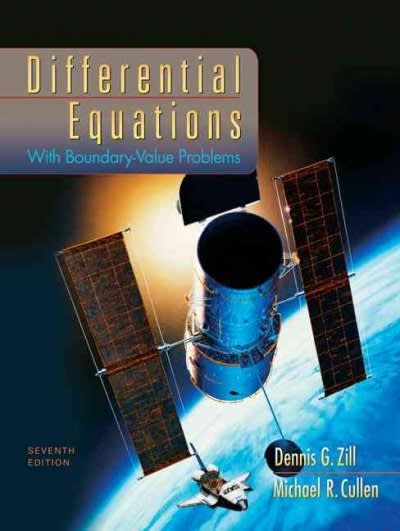Question
1.My combination bicycle lock hasthreewheels, each of which has the numbers 0 through17. Exactly one combination of numbers (in order) on the wheels (4-6-2, e.g.)
1.My combination bicycle lock hasthreewheels, each of which has the numbers 0 through17. Exactly one combination of numbers (in order) on the wheels (4-6-2, e.g.) will open the lock.
(a) How many possible combinations of numbers are there on my bicycle lock?
combinations
(b) Suppose that I have forgotten my combination. At random I try1-2-3. What is the probability that the lock will open with this combination? (Enter your probability as a fraction.)
(c) Out of frustration I try at random100different combinations. What is the probability that 1 of these100efforts will open the lock? (Enter your probability as a fraction.)
2.We toss a coin and then roll a die. Use the product formula for independent events to calculate the probability that we get aheadfollowed by a1. (Enter your probability as a fraction.)
3.The following exercise refers to the toss of a pair of dice.
What is the probability that the total number of dots appearing on top isnot2? (Enter your probability as a fraction.)
Step by Step Solution
There are 3 Steps involved in it
Step: 1

Get Instant Access to Expert-Tailored Solutions
See step-by-step solutions with expert insights and AI powered tools for academic success
Step: 2

Step: 3

Ace Your Homework with AI
Get the answers you need in no time with our AI-driven, step-by-step assistance
Get Started


